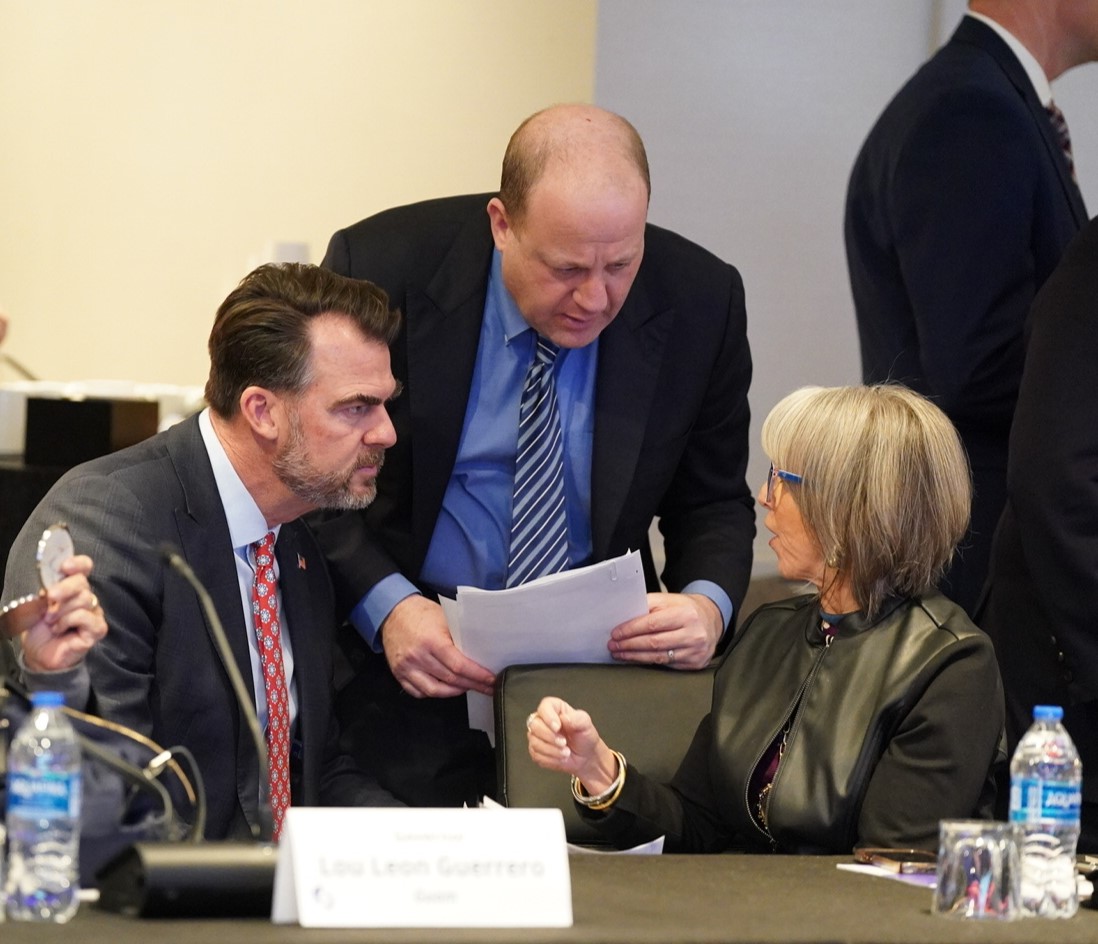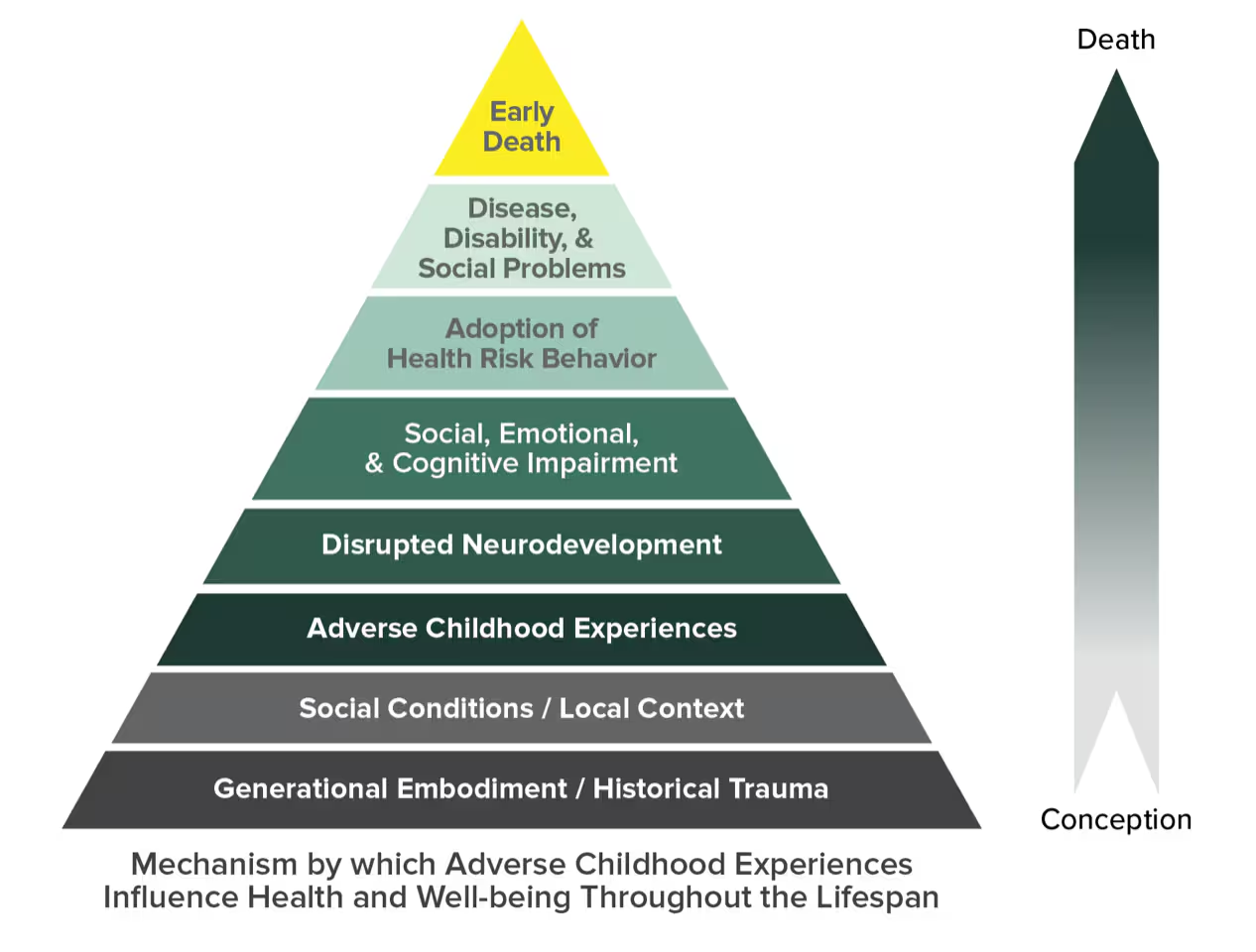Governors’ 2021 State of the State addresses confirm that while the challenges evolve in shape and scale, public safety and criminal justice issues remain top priorities across the country.
By Elise Simonsen and David Engleman
While Governors’ 2021 state of the state addresses necessarily addressed their ongoing responses to the COVID-19 pandemic and recovery plans, the state leaders also devoted much attention to criminal justice and public safety issues. In light of ongoing calls for police reform since the summer of 2020, Governors of both parties embraced reform proposals in three major areas: justice system reform, policing reform, and drug policy, according to this analysis of their state of the state addresses.
Justice System Reform
More than a dozen Governors weighed in on the nation’s calls to address justice reform in one or more points of the system. Some Governors addressed legislation already put forward and passed during special sessions last year or called on their legislatures to act during the 2021 session, while others focused on specific areas of criminal justice reform. Some Governors pointed to front-end reforms, such as reforming bail systems or proposals to fund pretrial diversion courts, such as drug treatment courts as discussed by Montana Governor Greg Gianforte. Other Governors addressed racial disparities in the criminal justice system. For example, Oregon Governor Kate Brown championed the newly established Racial Justice Council, which will create a Racial Justice Action Plan addressing six specific areas, including criminal justice reform and police accountability. Other Governors focused on back-end reforms, such as restoring rights upon release, record expungement, removing barriers from fines and fees, and second chance hiring. For example, Virginia Governor Ralph Northam highlighted initiatives ending driver license removal for inability to pay court fees and restoring civil rights for over 110,000 people (as of June 11,2021), along with a proposal to change the Virginia Constitution to make the restoration of basic civil rights an automatic process.
Policing Reform
More than 20 Governors referenced policing and law enforcement in their state of the state addresses. Though most citizen interactions with law enforcement occur with local law enforcement, Governors oversee state agencies for state police and, in some states, the Governor appoints the state attorney general. While day-to-day law enforcement occurs at the county or city levels, Governors used state of the state addresses to highlight discussions they have held across their states. Many Governors noted the policing reforms that they have recently signed into law, such as banning chokeholds and neck restraints, limiting no-knock warrants, revising duty to intercede, and providing guidelines and policies on the use of force. Governors also highlighted the need for investment in law enforcement training and body-worn cameras. Arkansas Governor Asa Hutchinson called for reforms to “assure that police officers have the highest standards, are fully trained, funded and supported” while insisting on increased accountability and oversight. Additionally, Governors are pursuing various innovative approaches to policing and building relationships with communities, such as by developing public-facing workforce data dashboards to track diversity and promoting a diverse candidate pipeline by establishing initiatives and training programs to increase recruitment.
Drug Policy
With record drug overdoses during the pandemic and continued discussions and action on cannabis legalization, drug policy continues to be a major priority for the nation’s Governors. Governors are increasingly employing comprehensive approaches to the use of drugs including opioids, stimulants and cannabis. Opioids or stimulants were mentioned by at least nine Governors in their state of the state addresses. Along with highlighting the scale of the crisis, Governors offered strategies for mitigating the effects of problematic drug use, with at least eight Governors identifying interventions their states have taken or will take to confront these challenges. For example, Delaware Governor John Carney championed his state’s Behavioral Health Consortium, which has focused on reducing stigma for substance use disorders, providing support to families and distributing naloxone for overdose prevention. Additionally, at least eight Governors mentioned cannabis in their state of the state addresses, including plans for legalizing adult recreational use and for expunging records of convictions for cannabis possession.
Taken together, the Governors’ 2021 state of the state addresses confirm that while the challenges evolve in shape and scale, public safety and criminal justice issues remain top priorities across the country.
This document was created with the support of Grant No. 2016-DP-BX-K001 awarded by the Bureau of Justice Assistance. The Bureau of Justice Assistance is a component of the Office of Justice Programs, which also includes the Bureau of Justice Statistics, the National Institute of Justice, the Office of Juvenile Justice and Delinquency Prevention, the SMART Office, and the Office for Victims of Crime. Points of view or opinions are those of the authors.













